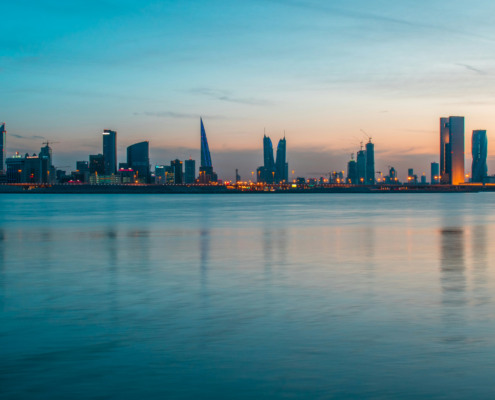 Photo by Charles-Adrien Fournier on Unsplash
https://nobilior.com/wp-content/uploads/2025/10/Bahrain-Real-estate.webp
3078
5472
Reza
https://nobilior.com/wp-content/uploads/2025/10/white-logo.webp
Reza2025-10-09 17:29:362025-10-09 17:29:59Bahrain Real Estate Market: Investor’s Guide to High Yields & Opportunities
Photo by Charles-Adrien Fournier on Unsplash
https://nobilior.com/wp-content/uploads/2025/10/Bahrain-Real-estate.webp
3078
5472
Reza
https://nobilior.com/wp-content/uploads/2025/10/white-logo.webp
Reza2025-10-09 17:29:362025-10-09 17:29:59Bahrain Real Estate Market: Investor’s Guide to High Yields & OpportunitiesThe Bahrain Real Estate Market: An Investor’s Guide to Opportunity in the Gulf Pearl
Introduction: Bahrain – The Accessible Gateway to Gulf Real Estate
When investors think of Gulf real estate, destinations like Dubai and Abu Dhabi often dominate the headlines. However, quietly emerging as a strategic and compelling alternative is the Kingdom of Bahrain. An archipelago of 33 islands in the Arabian Gulf, Bahrain combines a rich history with a modern, diversifying economy, offering a unique and accessible real estate landscape.
For savvy investors, the Bahrain real estate market presents a compelling proposition: greater affordability than its neighbors, a transparent regulatory environment, and a high rental yield potential that consistently ranks among the best in the region. This market is not about speculative froth; it’s about tangible cash flow and strategic, long-term growth tied to a nation’s economic vision.
This definitive guide is designed to navigate the opportunities within the Bahrain property sector. We will dissect the residential and commercial segments, demystify the process for foreign investors, and provide a clear-eyed analysis of the risks and rewards. Whether you’re seeking a high-yield apartment in a bustling district or a stake in the kingdom’s ambitious development projects, this article will equip you with the knowledge to make an informed decision in one of the Gulf’s most promising markets.
Section 1: The Macroeconomic Landscape – Foundations of Growth
Understanding the forces shaping Bahrain’s economy is crucial to understanding its property market’s trajectory.
1.1. Economic Diversification and Vision 2030
Bahrain’s economy, once heavily reliant on oil, is undergoing a significant transformation under its Economic Vision 2030. This strategic plan, spearheaded by the Crown Prince, focuses on building a sustainable, competitive economy led by the private sector.
-
Key Sectors: The government is actively fostering growth in financial services (Bahrain is a historic banking hub), tourism, logistics, manufacturing, and technology. This diversification creates jobs, attracts expatriates, and fuels demand for both residential and commercial real estate, insulating the market from oil price volatility.
-
Infrastructure Investment: Massive projects like the new Bahrain International Airport terminal, the expansion of Bahrain Logistics Zone, and the development of the King Hamad Causeway are enhancing connectivity and boosting the kingdom’s appeal for business and tourism.
1.2. A Pro-Business and Foreign Investment Climate
Bahrain has positioned itself as one of the most business-friendly environments in the Middle East.
-
100% Foreign Ownership: In many designated areas and sectors, Bahrain allows 100% foreign ownership of businesses and properties, a significant advantage over some of its neighbors.
-
Competitive Operating Costs: Lower setup and living costs compared to other Gulf Cooperation Council (GCC) countries make it attractive for multinational companies and their employees, directly benefiting the rental market.
-
Regulatory Ease: Streamlined processes and a transparent legal system reduce the bureaucratic hurdles often associated with regional investments.
Section 2: The Residential Market – High Yields and Evolving Demand
The residential sector is the primary entry point for most investors and offers a clear value proposition.
2.1. Key Residential Areas and Their Appeal
-
Manama: The capital city is the bustling commercial heart. Demand here is driven by professionals seeking proximity to work. Apartments in areas like Juffair (known for its dining and nightlife) and Seef District (a modern commercial and residential hub) are particularly popular for rentals. This is a prime location for investors seeking property for sale in Bahrain that guarantees high tenant turnover.
-
Amwaj Islands: A man-made archipelago known for its beaches, lagoons, and relaxed lifestyle. Amwaj is a magnet for families and expatriates, offering a mix of apartments, townhouses, and villas. Properties here often command a premium and attract long-term tenants.
-
Riffa: Located inland, Riffa is a more traditional residential area popular with Bahraini families. It offers larger villas and more spacious compounds, often at a more affordable price point than coastal areas. The demand here is stable and rooted in the local population.
2.2. The Investment Case: Rental Yields and Capital Appreciation
-
High Rental Yields: This is Bahrain’s standout feature. Gross rental yields for apartments can consistently range from 6% to 9%, and in some prime, high-demand areas, even reach double digits. This is significantly higher than the 4-6% often found in Dubai and other mature markets. For an income-focused investor, this is the core attraction of Bahrain real estate.
-
Capital Appreciation: While not as explosive as some historical markets, capital appreciation is steady and positive, driven by economic growth and population increase. The focus here is on stable, long-term growth coupled with strong annual income.
-
The Off-Plan Market: Pre-construction or off-plan projects can offer attractive payment plans and entry prices. However, investors must diligently research the developer’s track record. Sticking with established, government-backed developers like Diyar Al Muharraq or Eagle Hills is often a safer strategy.
Section 3: The Commercial Sector – Office, Retail, and Hospitality
Beyond residential, Bahrain’s commercial real estate offers niche opportunities.
3.1. Office Space: A Flight to Quality
The office market is bifurcating. While there is an oversupply of older, Grade-B office space, there is a consistent demand for modern, Grade-A offices in prime locations like the Seef District and Bahrain Bay. Companies upgrading their premises to attract talent are driving this “flight-to-quality,” making well-located, amenity-rich office buildings a sound investment.
3.2. Retail: From Megamalls to Community Centers
Bahrain has a strong retail culture. While large, destination malls like City Centre Bahrain and The Avenues remain dominant, there is growing demand for community retail centers that serve the daily needs of residential neighborhoods. These smaller centers, with supermarkets, pharmacies, and cafes, offer stable, recession-resistant rental income.
3.3. Hospitality and Tourism
With a strategy to increase tourist arrivals, the hospitality sector is growing. The development of new hotels and serviced apartments, particularly in Manama and near key attractions, presents opportunities. This is a more specialized sector but can offer attractive returns tied to the kingdom’s tourism performance.
Section 4: The Legal Framework for Foreign Investors
Navigating ownership laws is straightforward and investor-friendly.
-
Freehold Areas: Foreign investors from any nationality can buy property for sale in Bahrain in designated freehold areas. These include:
-
Amwaj Islands
-
Durrat Al Bahrain
-
Diyar Al Muharraq
-
Reef Island
-
Bahrain Bay
-
And several other approved developments.
-
-
The Process: The process typically involves signing a Memorandum of Understanding (MoU), conducting due diligence at the Survey and Land Registration Bureau (SLRB), and registering the title deed. Engaging a reputable local lawyer is highly recommended.
-
Financing: Mortgages are available for foreigners, typically with a loan-to-value (LTV) ratio of up to 50-60% for expatriates. Pre-approval is a critical first step.
Section 5: A Strategic Investor’s Playbook
Synthesizing the market dynamics, here are strategic approaches for different investor profiles.
-
For the Income-Focused Investor: Target one or two-bedroom apartments in high-demand expat areas like Juffair or Seef. Your strategy is to maximize yield. Focus on properties that are well-maintained, have good amenities (e.g., parking, gym), and are managed professionally.
-
For the Long-Term Growth Investor: Consider villas/townhouses in family-oriented communities like Amwaj Islands or Diyar Al Muharraq. Your strategy banks on long-term capital appreciation as these communities mature and become more established, alongside a stable rental income from families.
-
For the Strategic/High-Net-Worth Investor: Explore commercial assets or off-plan projects with reputable developers. This could involve purchasing a block of apartments or a stake in a commercial building. The entry is higher, but the potential for shaping an asset and benefiting from master-planned community growth is significant.
Conclusion: A Market of Substance Over Hype
The Bahrain real estate market may not have the glitz and glamour of some of its regional counterparts, but what it lacks in headline-grabbing spectacle, it more than makes up for in substance. It is a market defined by compelling fundamentals: high and sustainable rental yields, a transparent and welcoming regulatory environment, and a stable growth trajectory underpinned by a clear economic vision.
For the investor seeking a tangible, income-generating asset in a strategic Gulf location, Bahrain represents a pearl of great opportunity. By conducting thorough due diligence, focusing on location and property quality, and aligning your investment with the right strategy, you can tap into a market that offers both attractive returns and a gateway to the dynamic Middle East.

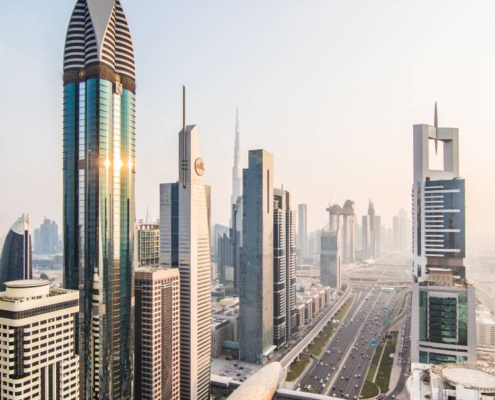
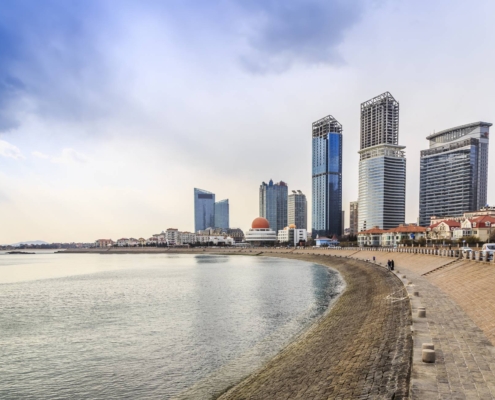 Freepik
Freepik Photo by Denys Gromov: https://www.pexels.com/photo/dubai-marina-under-blue-sky-4471200/
Photo by Denys Gromov: https://www.pexels.com/photo/dubai-marina-under-blue-sky-4471200/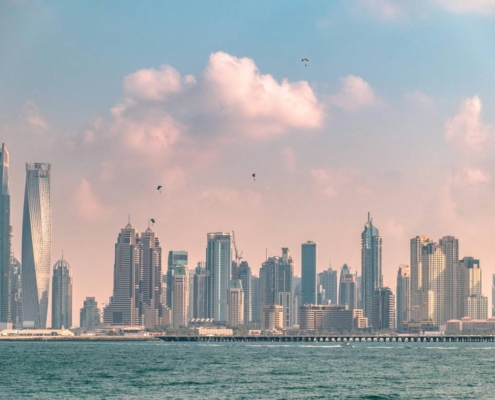

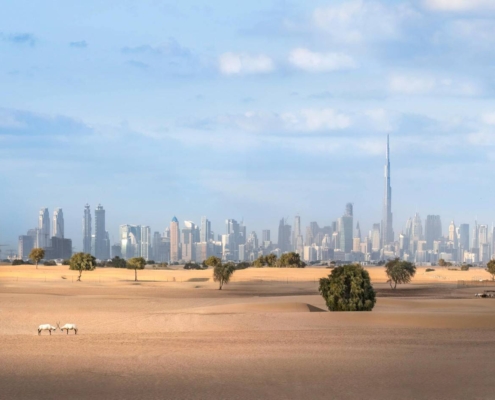
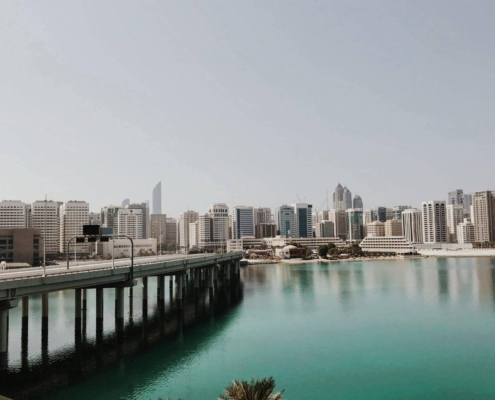
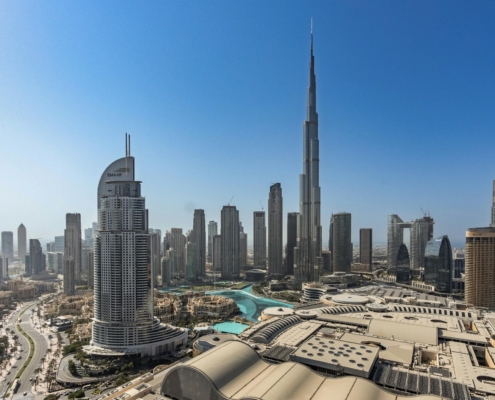
 Photo by Ansel Lee: https://www.pexels.com/photo/photo-of-lighted-city-buildings-during-nighttime-3130060/
Photo by Ansel Lee: https://www.pexels.com/photo/photo-of-lighted-city-buildings-during-nighttime-3130060/